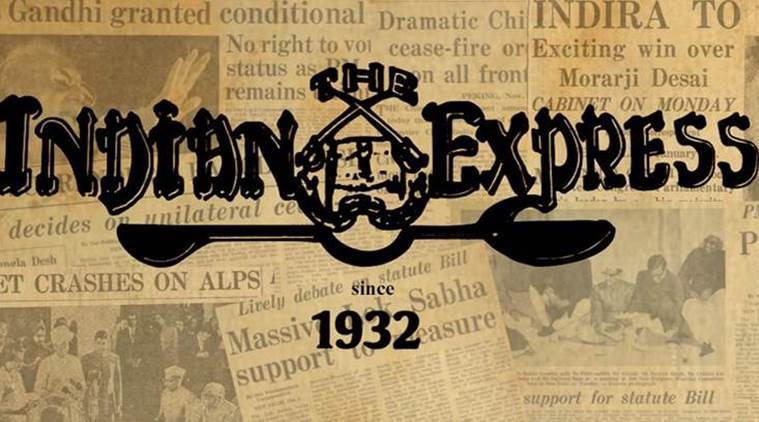 A breakthrough in Kashmir will come not from a body count, but through dialogue.
A breakthrough in Kashmir will come not from a body count, but through dialogue.
The killing of 13 militants in Kashmir on Sunday in three operations has shown that the Jammu & Kashmir police and military are receiving top-notch real-time intelligence about militants. In terms of policing, this is no small achievement. An army official described it as “a special day for counter-terrorism operations in Kashmir”. But there can be no satisfaction or gloating over the killings themselves. “Black Sunday” is how Kashmiris are describing the day.
All 13 men were Kashmiri youth, 12 of them from different villages in Shopian, and the violent end they met is a grim reminder that the situation in the Valley needs urgent healing. Over the last few months, there have been no dearth of pronouncements that the situation in the Valley has improved considerably since 2016, and pats on the back of the security forces for eliminating more than 200 militants and their commanders in the last year.
What those pronouncements do not say is roughly the same number of Kashmiri youth have taken up arms in the same period. It has to be the country’s collective failure that some of its citizens have decided to take recourse to this option. For the last few years, the Centre has seemed to believe that it can turn around the situation in the Valley by the use of force alone. But each Kashmiri killed at the hands of security forces is an addition to the layers of alienation in the Valley, and increases the risk of further radicalisation.
A breakthrough in Kashmir will come not from a body count, but through dialogue. Whether that is with Kashmiris or Pakistan, this is the truth the Centre has to face up to. An assertion that Kashmir is an internal issue, and the only matter to settle with Pakistan is the LoC, and then, in the same breath, to declare there is nothing to talk about with Kashmiris is both disingenuous and dishonest. At the moment, the Hurriyat leadership still seems to hold some influence in the Valley, and a declared willingness to engage with them would be a beginning, and put the ball in their court.
It is unfortunate that the same army official who spoke of the specialness of Sunday also declared that the security forces had “avenged” the killing of the Kashmiri officer, Lieutenant Ummer Fayaz last year, as the two militants who killed him had been eliminated in the operation. The democratic state’s claim to a monopoly on violence is based on its legitimacy. It wields this violence only in protection of the state and its people. Bringing in the idea of vengeance is to blur the lines between state and non-state actors, and a sure way to lose all legitimacy. After all, the reason that every Kashmiri militant also gives for picking up the gun is revenge.